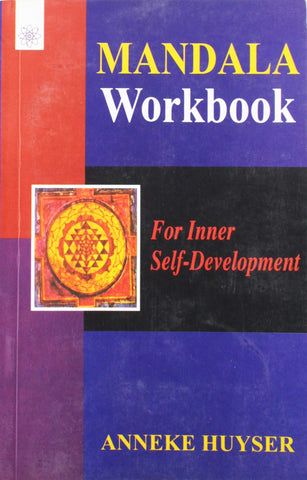Your cart is empty now.
This work is intended to the study of the Yogacara Buddhist philosophy together with its commentaries and notes for better comprehensibility of the contents of three edited and translated texts, namely, Alambanapariksavrtti of Dignaga; the Vimsatika Vijnaptimatratasiddhih of Vasubandhu and Trisvabhavakarika of Vasubandhu.
About the Author:
FERNANDO TOLA and CARMEN DRAGONETTI have been Professors in the National Universities of San Marcos (Lima, Peru) and Buenos Aires (Argentina). Now CARMEN DRAGONETTI is Superior Investigator of the National Council for Scientific Research (CONICET) of Argentina, in the area of Indian Philosophy, FERNANDO TOLA is retires Superior Investigator of the same Institution, and, Honorary Member of the Argentinian Scientific Society. She is President and he Vice-President of the Institute of Buddhist Studies Foundation (FIEB) (Argentina). They have been Directors of the Revista de Estudios Budistas (Journal of Buddhist Studies) RED, edited in Mexico, and Overseas Research Fellows of the International Institute for Buddhist Studies (Tokyo).
Independently or in collaboration, they have published several books in Spanish on Indian culture, specially on Indian Philosophy, as Yoga and Mysticism of India, Mahayana Buddhism; Buddhist Idealism, Buddhist Nihilism, On the Myth of the Opposition between Western Philosophy and Indian Thought; Several translations into Spanish of Important Sanskrit and Pali texts, as Hymns of the Rig Veda, Hymns of the Atharva Veda, Upanishads, Bhagavadgita Upadesasahasri, Udana, Digha Nikaya, Sutta Nipata etc. In English they have published The yogasutra of Patanjali (4 editions), On Voidness (2 editions), Nagarjuna's Refutation of Logic (Nyaya) etc.
Preface
First of all we want to thank the institutions and persons who have made possible-for us to compose this book; The Reiyukai and its academic branch The International Institute for Buddhist Studies HBS (Tokyo), Dr. Tsugunari Kubo, President of both institutions, and Dr. Akira Yuyama, former Director of the Institute; the fellowship they granted us allowed us to stay six months in Tokyo in 1989 and to collect great part of the bibliographical material we needed in the excellent library of the Institute; the Nyingma Institute at Berkeley, California, Ven. Tarthang Tulku Rinpoche, Founder and Head of that Institute, Dr. Leslie Bradburn and Dr. jack Petranker, Research Directors of Yes he De Buddhist Research and Translation Project who invited us in 1996as visiting scholars at the Nyingma Institute and Odiyan Buddhist Center in California, giving us the possibility to complete there our work, Ralph McFall, Dean of the Institute, and the staff of the Nyingma Institute and the Odiyan community who gave us all the cooperation we needed for our work, the University of California at Berkeley, and the Flora Lamson Hewlett Library of the Graduate Theological Union, that generously authorized us to freely use their libraries; and Miss Gabriela Dobler, secretary of our Institute of Buddhist Studies in Argentina, who patiently prepared the successive drafts of the original text of this book.
Our work is intended to be an introduction to the study of the Yogacara Buddhist philosophy; its commentaries and notes have the, purpose to help the reader to understand in a more complete way the, contents of the three texts we edit and translate. In the References, we have limited to indicate the works we have utilized. Cf. for more bibliographical information the following books: -
Shinsho Hanayama, Bibliography on Buddhism, Tokyo; I- The Hokuseido Press, 1961.
Pierre Beautrix, Bibliographie du Bouddhisme, Volume I Editions de textes, Bruxelles; Institut Belge des Hautes Etudes Bouddhiques, 1970.
Hajime Nakamura, Indian Buddhism, A Survey with Bibliographical Notes, Delhi: Motilal Banarsidass, 1987.
Karl H. Potter, Bibliography of Indian Philosophies, Delhi: Motilal Banarsidass, 1970 (First edition).
Karl H. Potter, Encyclopedia of Indian Philosophies. Bibliography, Delhi: Motilal Banarsidass, 1983 (second revised edition).
John Powers, The Yogacara School of Buddhism, A Bibliography, Metuchen, N.J. and London: The American Theological Library Association and The Scarecrow Press, 1991.
Frank Bandurski, “Ubersicht uber die Gottinger Sammlungen der von RAHULA SANKRTYANA in Tibet aufgefundenen buddhistichen Sanskrit-Texte (Funde buddhistischer Sanskrit-Handschriften, III)”, in Untersuchungen zur buddhistischen Literatur, Bearbeitet von Frank Bandurski, Bhikkhu Pasadika, Michael Schmidt, Bangwei Wang, Gottingen: Vandenhoeck & Ruprecht, 1994.
E. Steinkellner und M.T. Munch, Texte der erkenntnistheoretischen Schule des Buddhismus, Gottingen: Vandenhoeck and Ruprecht, 1995.
We have put Dignaga’s treatise in the first place, because we consider it a brief and clear introduction to the fundamental tenet of the Yogacara School : the cittamatra theory.
| Preface | v |
| General Introduction | xi |
| The Initial Philosophical Position in Buddhism: Realism | xi |
| The Arising of the Buddhist Idealistic Position | xii |
| Sutras of Idealistic Tendency | xii |
| The Great Masters of the Idealistic Yogacara School | xiv |
| Maitreyanatha (circa 300) | xv |
| Asanga (315 - 390) | xviii |
| Vasubandhu (320 - 380) | xx |
| Dignaga (480 - 540) | xx |
| Dharmapala (50 - 561) | xx |
| Sthiramati (middle of the sixth century) | xxi |
| Hiuan-Tsang of Hsuan - Tsang or Hsuan-Chuang (602 - 664) | xxii |
| The Name of the Idealistic School | xxiii |
| Principal Philosophical Tenets of the Yogacara School | xxiii |
| Some Other Themes that Appear in the Three Treatises | xxviii |
| Factors that Contributed to the Arising of the Idealistic Conception of Cittamatra | xxx |
| The Importance of the Yogacara School of Philosophy | xxxix |
| Notes for the General Introduction | xxxix |
Dmigs pa brtag pathi bgrel pa of Phyogs kyi glan po (Alambanapariksavrtti of Dignaga) |
1 |
| Introduction | 3 |
| Life of Dignaga | 3 |
| Works of Dignaga | 3 |
| Authenticity of the works attributed to Dignaga | 9 |
| The Alambanapariksa | 10 |
| Editions and/or Translations of Alambanapariksa and of its commentaries | 10 |
| Some fragments of the Alambanapariksa Preserved in Sanskrit in Quotations by other authors. | 12 |
| Adopted text | 12 |
| Doctrinary Commentary of Alambanapariksavrtti | 14 |
| Tibetan text | 29 |
| Translation | 33 |
| Notes for the First Part
|
39 |
The Vimsatika vijnaptimatratasiddhih of Vasubandhu |
53 |
| Introduction | 55 |
| Vasubandhu | 55 |
| The Two Vasubandhus | 55 |
| Vasubandhu the Old | 56 |
| Vasubandhu the Young | 56 |
| Works Attributed to Vasubandhu | 57 |
| Distribution of the Works Attributed to Vasubandhu | 68 |
| Authenticity of the Works | 70 |
| Discovery of the Vimsatika | 72 |
| Importance of the Vimsatika | 73 |
| Vasubandhu's Opponents in Vimsatika | 73 |
| Some Editions and Translations of the Vimsatika | 73 |
| Adopted text | 76 |
| Sigla | 77 |
| Doctrinary Commentary of Vimsatika | 78 |
| Sanskrit text | 123 |
| Translation | 134 |
| Notes for the Second Part
|
154 |
The Trisvabhavakarika of Vasubandhu |
187 |
| Introduction | 189 |
| The Sanskrit Original Text | 189 |
| The Two Manuscripts | 189 |
| The Tibetan Translations | 190 |
| A Third Sanskrit Manuscript (MS3) | 190 |
| Modern Editions and Translations of the Original Sanskrit Text | 191 |
| The Author of the Treatise | 192 |
| The Title of the Treatise | 193 |
| Importance of the Subject of the Treatise | 193 |
| Importance of the Treatise | 194 |
| Some Works that Treat of the Theory of the Three Natures or in which References to it are found | 194 |
| Some Modan Authors who Refer to the Trisvabhava Theory | 195 |
| Adopted Text | 197 |
| Doctorinary Commentary of Trisvabhavakarika | 198 |
| Sanskrit text | 219 |
| Translation | 222 |
| Notes for the Third Part | 229 |
| References | 245 |
Delivery and Shipping Policy
- INTERNATIONAL SHIPPING
- Rs.1000-1100/kg
- ESTD. Delivery Time: 2-3 weeks (depending on location)
- Bubble Wrapped with Extra Padding
- NATIONAL SHIPPING
- NCR: Rs. 30/half kg
- Standard: Rs. 80/half kg
- Express shipments also available on Request
- ESTD. Delivery Time: Ranging from 1-4 days up to 7 business days (Depending on your choice of Delivery)
- TRACKING
- All orders; national or international, will be provided with a Tracking ID to check the status of their respective orders
- Depending on the Shipping Service, Tracking ID may be used on their respective tracking portals
Frequently Asked Questions (FAQs)
Domestic Shipping: 3-4 Days (after shipping)
International Shipping: 1-2 weeks (based on your location)
You will receive an email once your order has been shipped or you can email us if you didn't receive tracking details (info@mlbd.co.in)
Every book that we sell is the latest edition except all the rare books
Yes, we do provide free shipping, only on domestic orders (within India) above Rs.1500










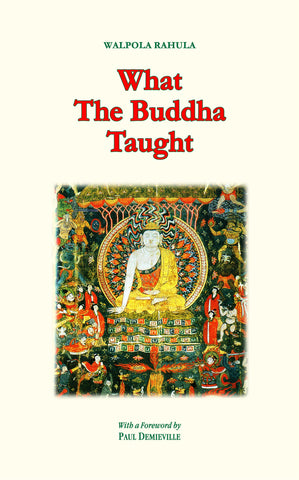
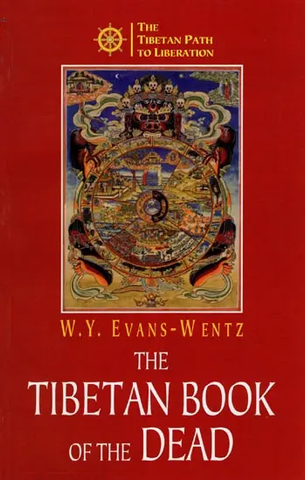
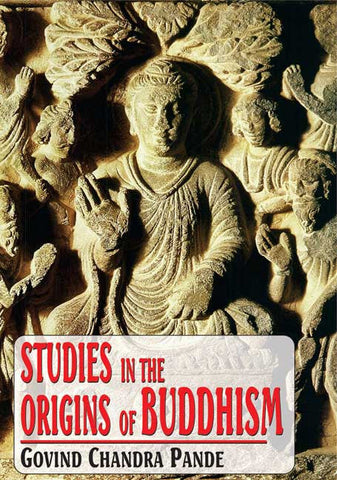
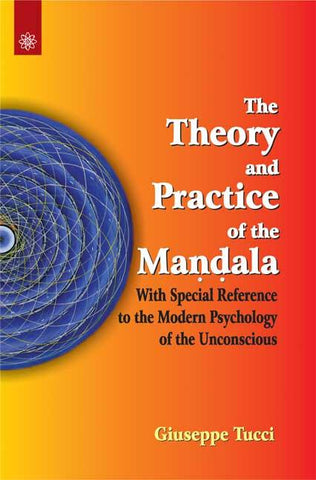
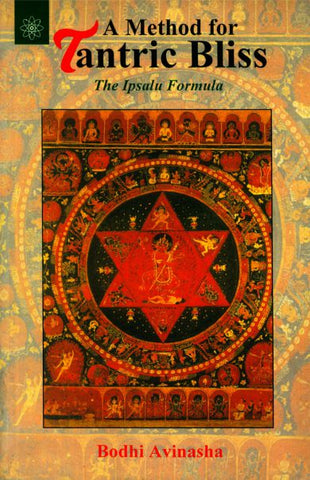
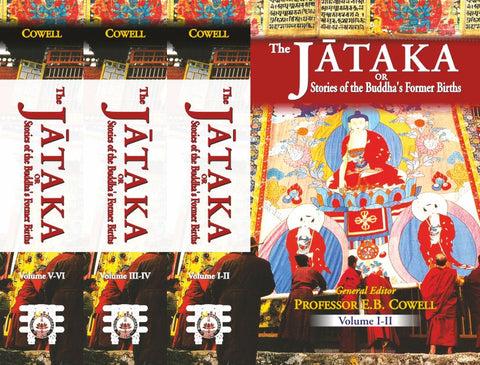
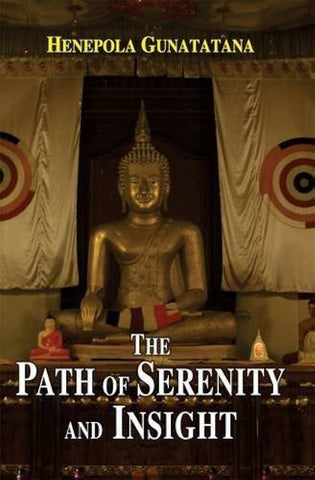
![The Rishukyo [Buddhica Britannica Vol.3]: The Sino-Japanese Tantric Prajnaparamita in 150 Verses (Amoghavajra's Version)](http://www.motilalbanarsidass.com/cdn/shop/products/RISHUKYO_large.jpg?v=1675417651)
